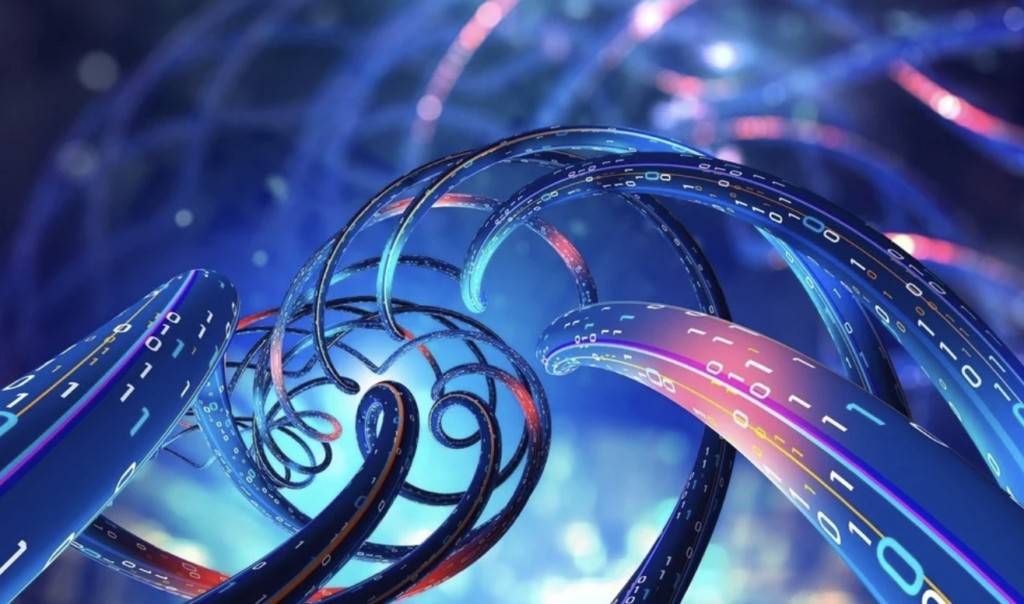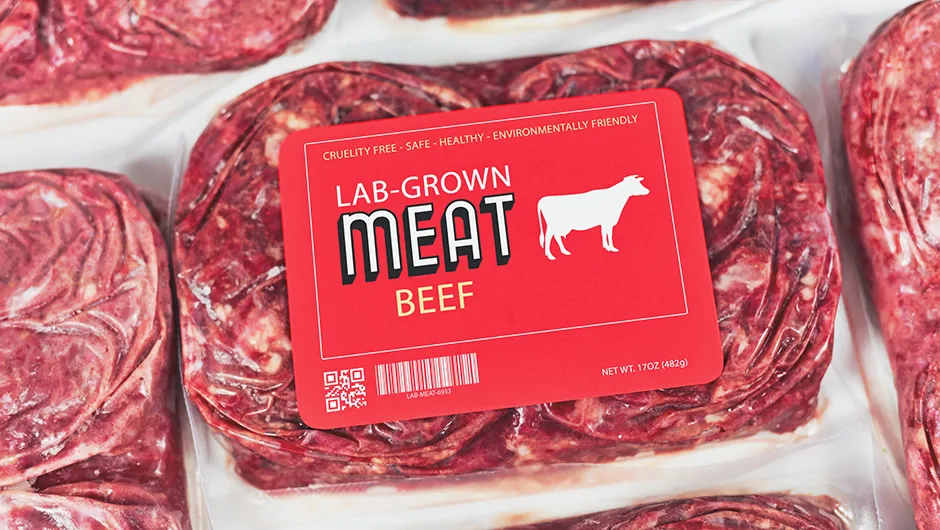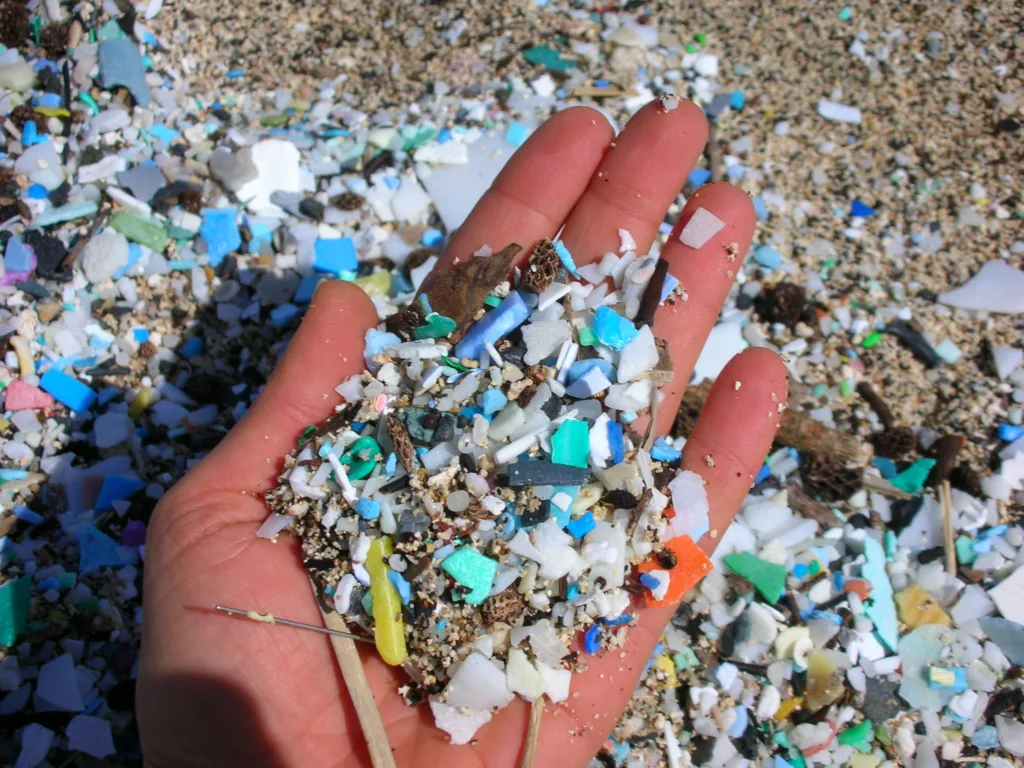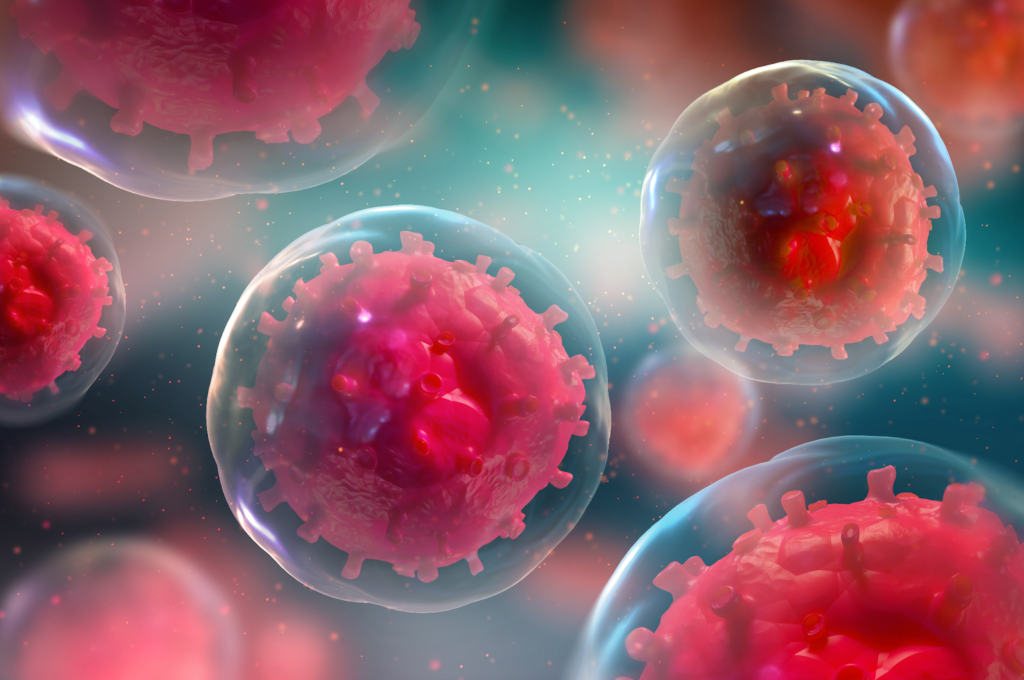Image Credit: https://www.technologynetworks.com/drug-discovery/blog/how-is-synthetic-biology-shaping-the-future-of-drug-discovery-340290
As a recent and ever-changing form of medicine and science, synthetic biology is paving the way for the future of medicine. Defined as a “research and engineering domain of biology where a human-designed genetic program is synthesized and transplanted into a relevant cell type from an extant organism” (A.M. Calladine, R. ter Meulen, 2013), synthetic biology offers possible solutions to some of society’s most pressing medical issues. Through DNA sequence modification and genome editing, scientists have been able to edit genetic material in living organisms with tools such as CRISPR (Clustered regularly interspaced short palindromic repeats). This ability allows scientists to provide organisms with genetic tools that nature has not yet apportioned. CRISPR also allows for the creation of ‘living therapeutics’ and introduction of immunity cells into the human body.
So, what does this all mean? Well, synthetically creating genetic tools has already allowed for a breakthrough in different areas of production, such as the ability for silkworms to produce spider silk, as well as genetically engineered food, such as cheese, plant-based meat, etc., some of which are already available on a market scale. This provides society with a more sustainable way of creating different materials, which may be necessary as we continue to experience the impacts of consumerism on our planet’s environment. Living therapeutics and immune cells can help treat patients with various diseases, including multiple forms of cancer, providing them with a better chance of recovery and survival. Synthetic biology also assisted in the mass production of certain COVID-19 vaccines by manufacturing the SARS-CoV-2 genome sequence.
It’s clear that an abundance of benefits derive from the usage of synthetic biology. Consequently, as with most technological advancements, there is also a profusion of risks. A majority of these risks appear to be ethical and extremely dangerous. According to The University of Oxford, synthetic biology, although promising, gives biologists a concerning way of ‘playing god.’ Misusing synthetic biology could potentially destroy existing ecosystems and undermine our crucial distinction between living organisms and machines. The loss of this distinction could be catastrophic for humans’ view on the importance of different organisms and creates an ethical concern of prioritizing machines and technology over nature and living organisms. Synthetic biology also introduces the risk of the synthesization of known human pathogens, such as Influenza or Smallpox, which could be released in much more dangerous forms than what they currently are. Although some of these associated risks are unlikely, the potential danger they inflict could be devastating.
When considering the sad reality of human greed, it is essential to question whether the findings of synthetic biology will continue to be used for good. If put into the wrong hands, the technology could cause the decimation of multiple existing species, ultimately jeopardizing the balance of our ecosystem. Synthetic biology also poses the genuine risk of bioterrorism, as creating hazardous and genetically mutated organisms could be maliciously and violently released. Control of this technology is seen more in richer first-world countries, creating an inequality regarding access and usage. This gives certain countries, such as the U.S., an extensive scientific advantage over other countries, which could be used at the expense of other nations.
It is still being determined what the future of synthetic biology holds, but it is imperative that both the benefits and drawbacks are considered. Naturally, we hope synthetic biology continues to be used for the greater of humankind, but that could very easily and swiftly change. Therefore, and when considering that we are already in the midst of multiple ethical, moral, and environmental crises, it is necessary to be aware of the information we consume and promote, specifically regarding the ongoing evolution of technology and science.
Image credit: https://www.zdnet.com/article/public-sees-promise-of-synthetic-biology-but-wary/
Sources
- https://www.practicalethics.ox.ac.uk/synthetic-biology
- https://www.sciencedirect.com/topics/agricultural-and-biological-sciences/synthetic-biology#:~:text=Synthetic%20biology%20is%20commonly%20viewed,type%20from%20an%20extant%20organism.
- https://www.gao.gov/products/gao-23-106648#:~:text=Synthetic%20biology%20can%20modify%20or,have%20broadened%20its%20potential%20benefits.
- Image Credit: https://www.technologynetworks.com/drug-discovery/blog/how-is-synthetic-biology-shaping-the-future-of-drug-discovery-340290




